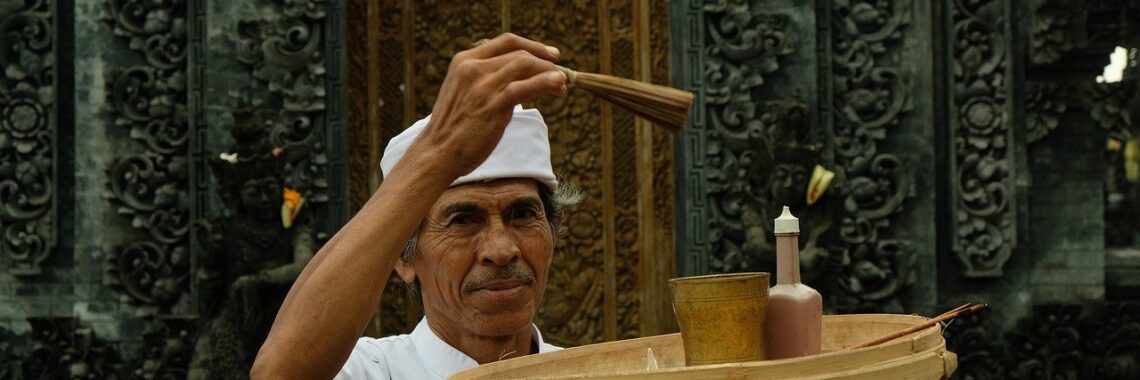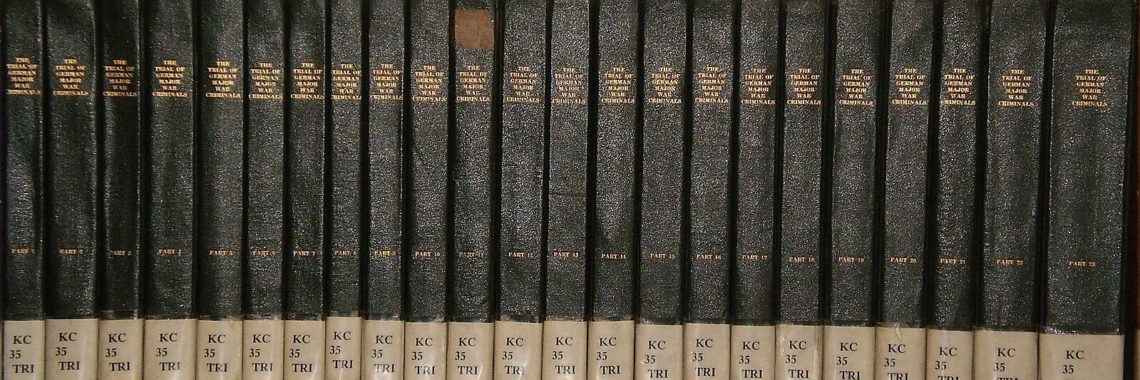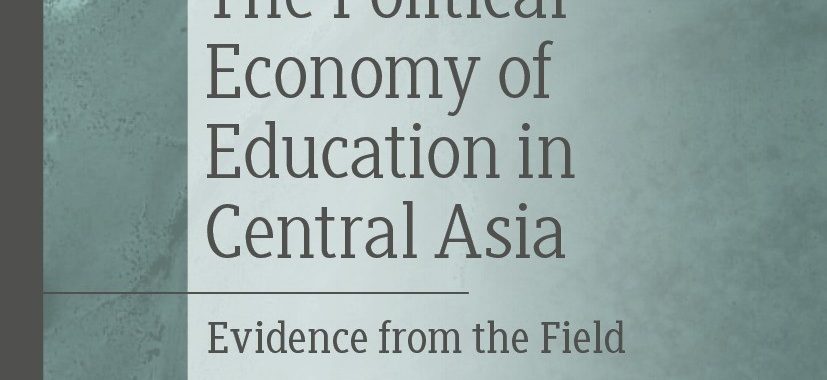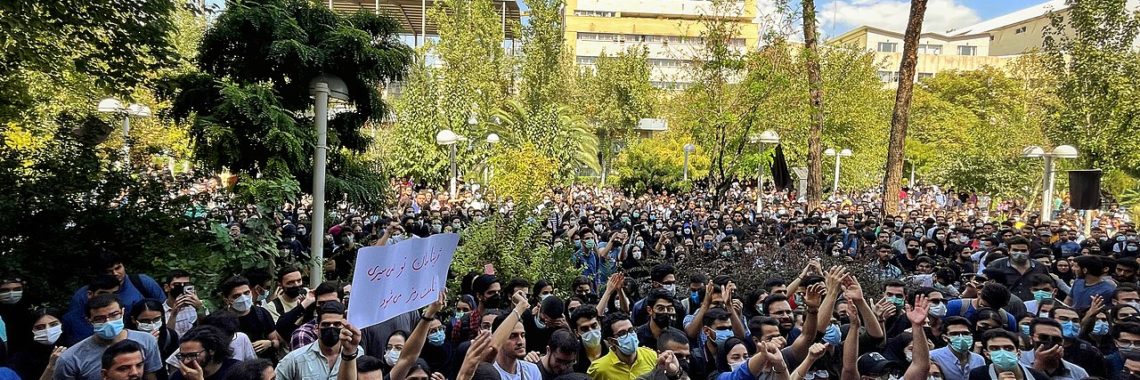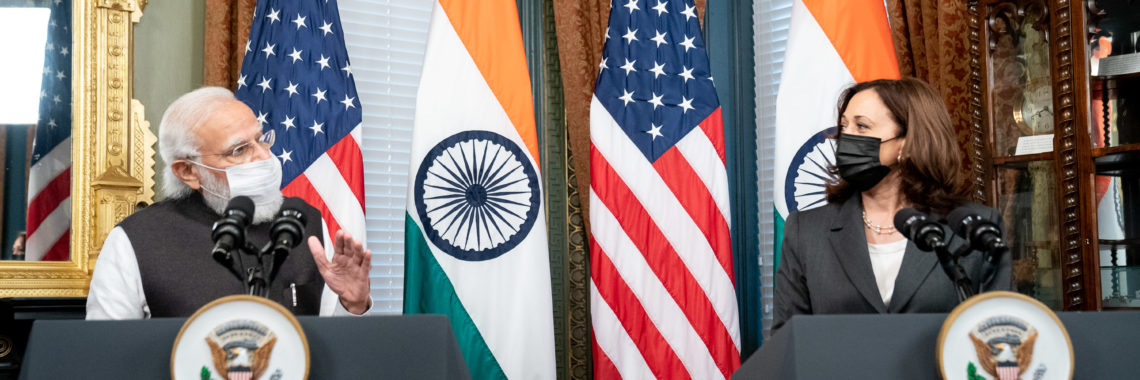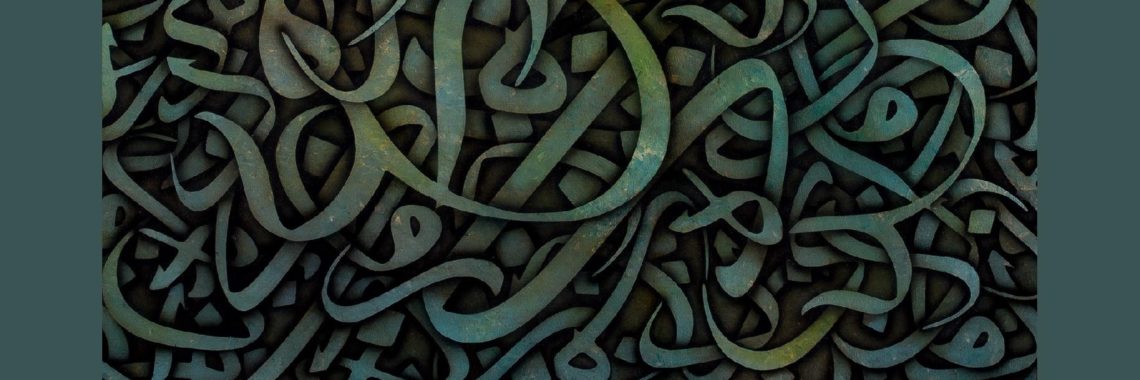Gender, Russian Orthodoxy, and the Invention of “Traditional” Values by Regina Elsner
Russian Orthodox Church, Rocklea, Russia by Bert Knot (CC 2.0) This article is part of our series on Transnational Christian Nationalism, and its impact on politics, the rule of law, and religious freedom. If you’d like to explore other articles in this series, click here. For many years, Russia has been known as one of the main…



